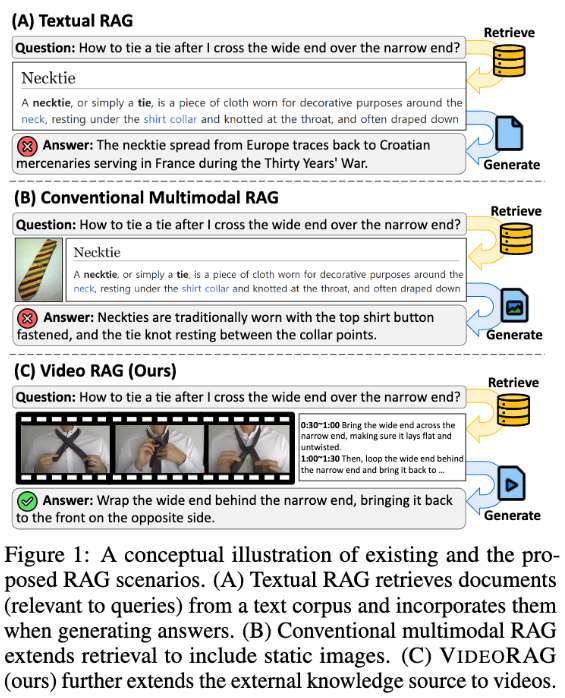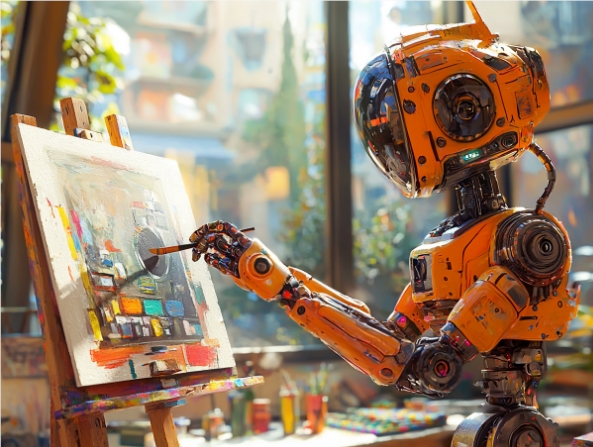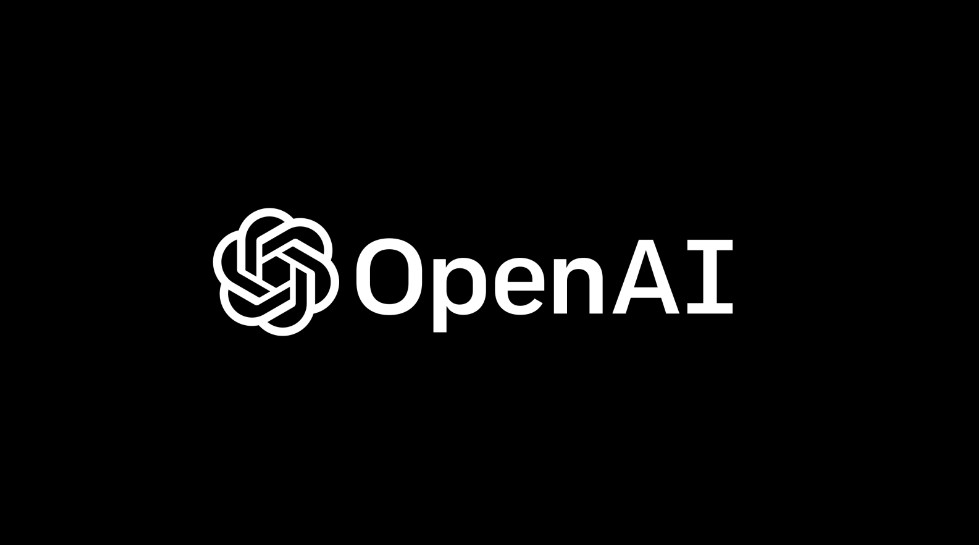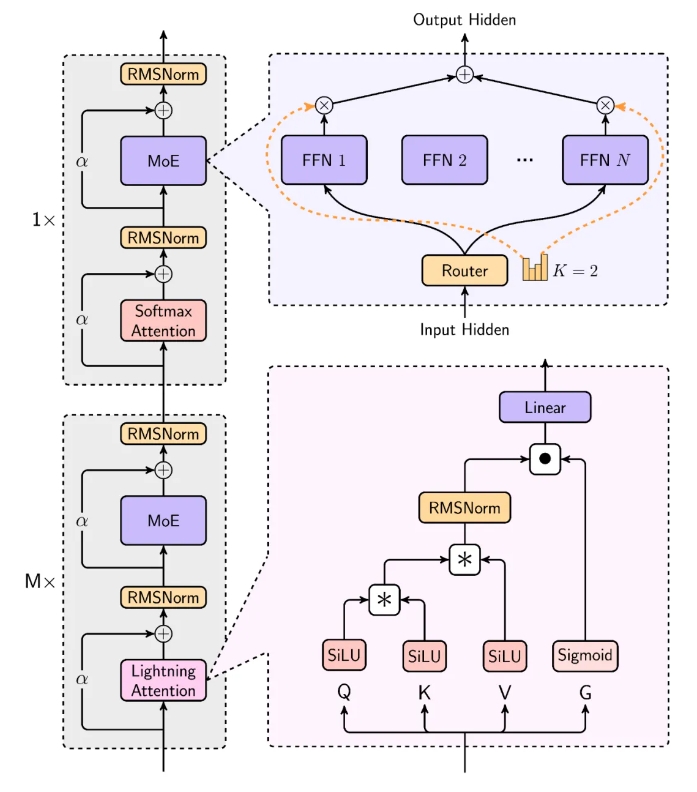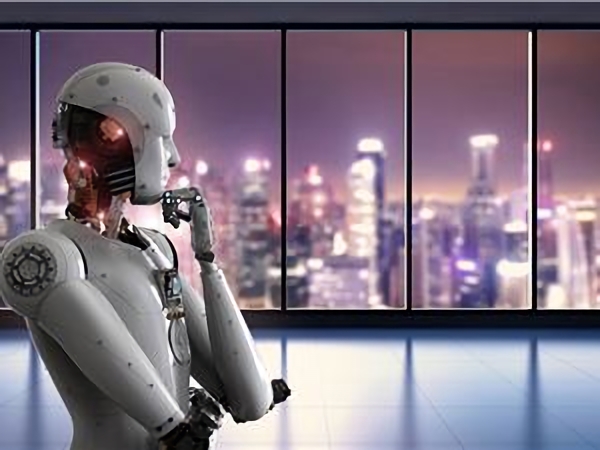Mickey Schulman, CEO of the AI music generation company Suno AI, recently spoke on the "20VC" podcast and sparked widespread discussion. "Making music right now isn't really enjoyable," he said, arguing that most people don't enjoy the process of making music. He pointed out that creating music takes a lot of time and effort, and mastering the skills of an instrument or production software can also be a challenge.
Schulman's comments were seen as highly self-serving, as Suno AI hopes to appeal to an audience frustrated by traditional music creation. He believed that the music creation process should become simpler and faster.

He said that Suno AI's goal is to make music creation "10% faster" and "10% easier." This has sparked resentment among many music lovers, as many music creators, whether amateur or professional, enjoy playing and creating.
Critics point out that Shulman's views actually reflect a broader trend that seeks to strip away human creativity and instead rely on algorithms to generate works of art. The trend is seen as a dystopian vision where art could simply be turned into endless, soulless digital works.
Although personalized music can be quickly generated through AI music generation tools, this creative method that relies heavily on algorithms may cause people to lose a lot in music enjoyment and emotional expression.
In addition, Suno AI has also been involved in a series of copyright lawsuits over accusations of unauthorized use of copyrighted musical works for AI training. This issue not only calls into question the legality of AI-generated music, but also raises questions about artistic ownership: Can we truly claim to own music created by AI?
Social media users reacted strongly to Schulman's remarks, with many calling his views extremely ridiculous and some even calling it a "dystopian future." In the comment area, netizens said that technology companies’ solutions to art seemed to lack self-criticism and reflection.
Shulman's remarks not only reveal misunderstandings about music creation, but also remind us to think about the relationship between art and human emotions as technology advances.
AI courses are suitable for people who are interested in artificial intelligence technology, including but not limited to students, engineers, data scientists, developers, and professionals in AI technology.
The course content ranges from basic to advanced. Beginners can choose basic courses and gradually go into more complex algorithms and applications.
Learning AI requires a certain mathematical foundation (such as linear algebra, probability theory, calculus, etc.), as well as programming knowledge (Python is the most commonly used programming language).
You will learn the core concepts and technologies in the fields of natural language processing, computer vision, data analysis, and master the use of AI tools and frameworks for practical development.
You can work as a data scientist, machine learning engineer, AI researcher, or apply AI technology to innovate in all walks of life.
